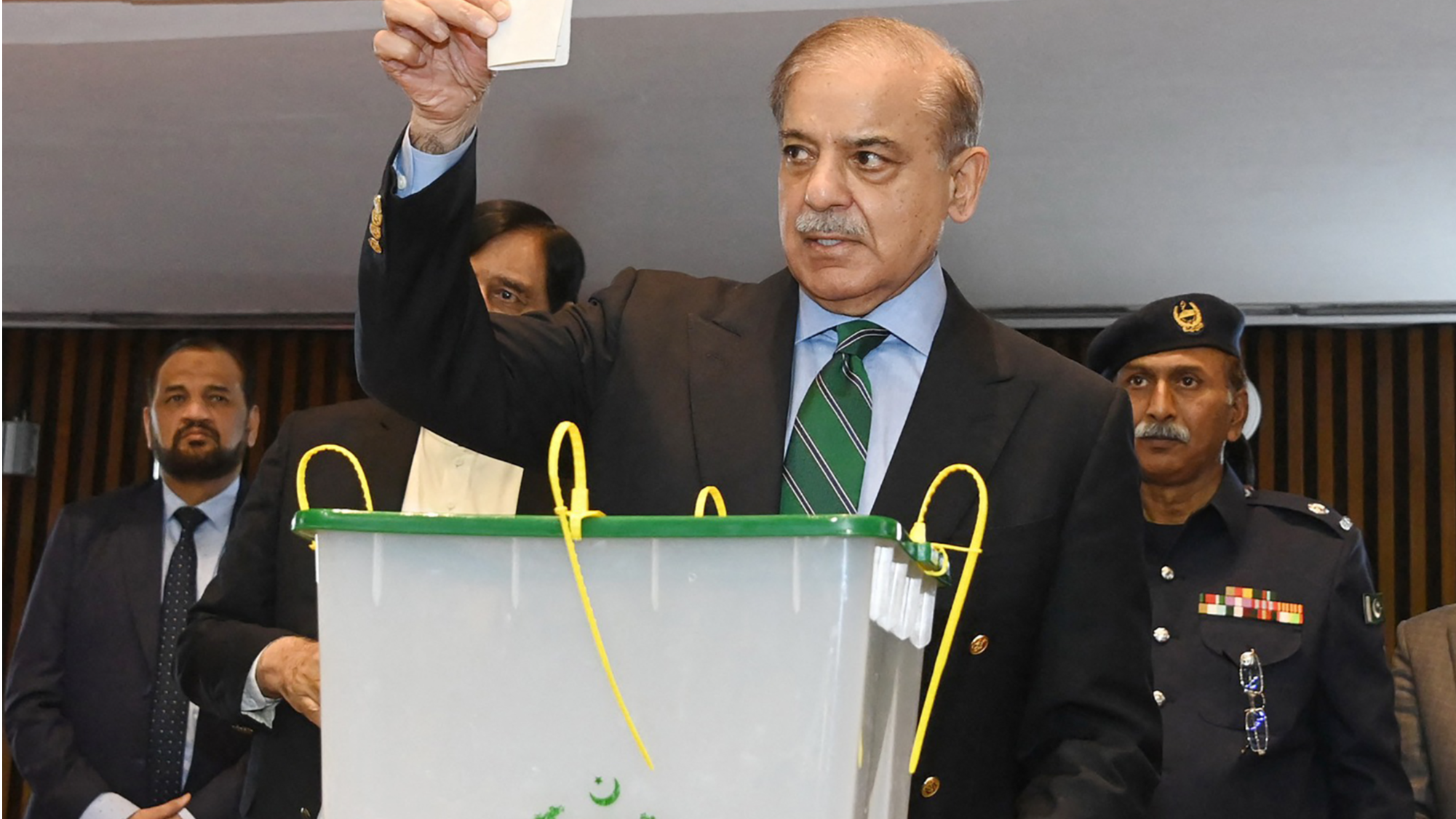
ISLAMABAD — Pakistani Prime Minister Shehbaz Sharif said on Tuesday that China is a key partner in his country's development and growth, bringing socio-economic benefits to the people of Pakistan.
Pakistan desired to further enhance its cooperation with China in various sectors including agriculture, information technology, and energy under the second phase of the China-Pakistan Economic Corridor (CPEC), a flagship project of the Belt and Road Initiative, the prime minister said while chairing a meeting on Pakistan-China cooperation here.
Launched in 2013, the CPEC is a corridor linking the Gwadar Port in southwest Pakistan's Balochistan province with Kashgar in Northwest China's Xinjiang Uygur autonomous region
After the successful completion of the first phase of the multi-billion-dollar CPEC project, Sharif said that the Pakistani government is preparing for the second phase of high-quality construction of CPEC, which involves launching new projects with Chinese cooperation and enhancing business-to-business linkages.
READ MORE: PM: Pakistan to follow China's example to enhance exports
He said that Pakistan has a lot to learn from China in formulating strategies to boost its exports, saying agriculture demonstration zones are being established and the Gwadar port would become a logistics hub with China's cooperation.
All-out facilitation will be ensured to the Chinese companies, particularly those related to the textile sector, to establish their industries in Pakistan, he said.
READ MORE: China welcomes progress in restoration of Iran-Pakistan ties
Launched in 2013, the CPEC is a corridor linking the Gwadar Port in southwest Pakistan's Balochistan province with Kashgar in Northwest China's Xinjiang Uygur autonomous region, which highlights energy, transport, and industrial cooperation in the first phase, while the new phase expands to fields of agriculture and livelihood, among others.


